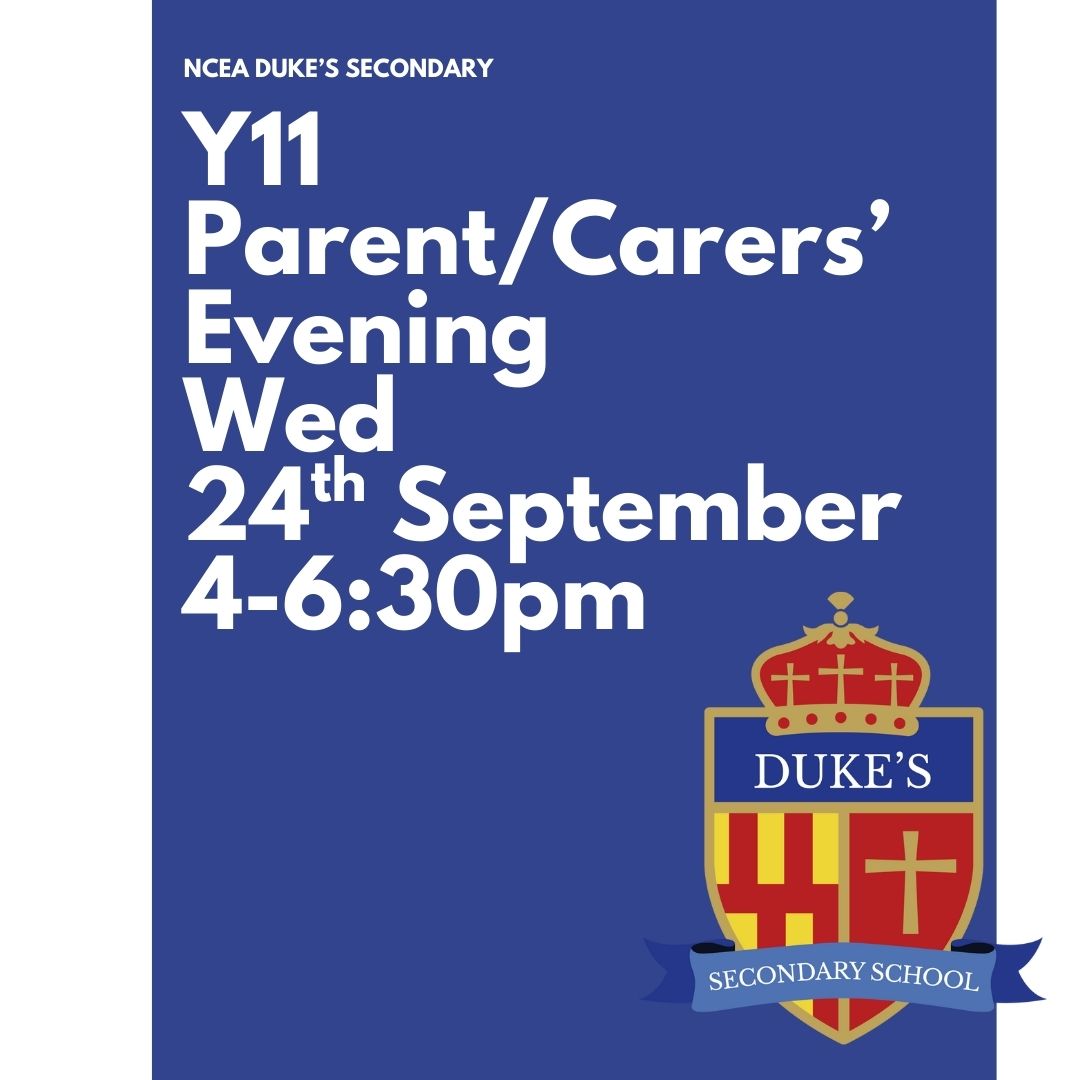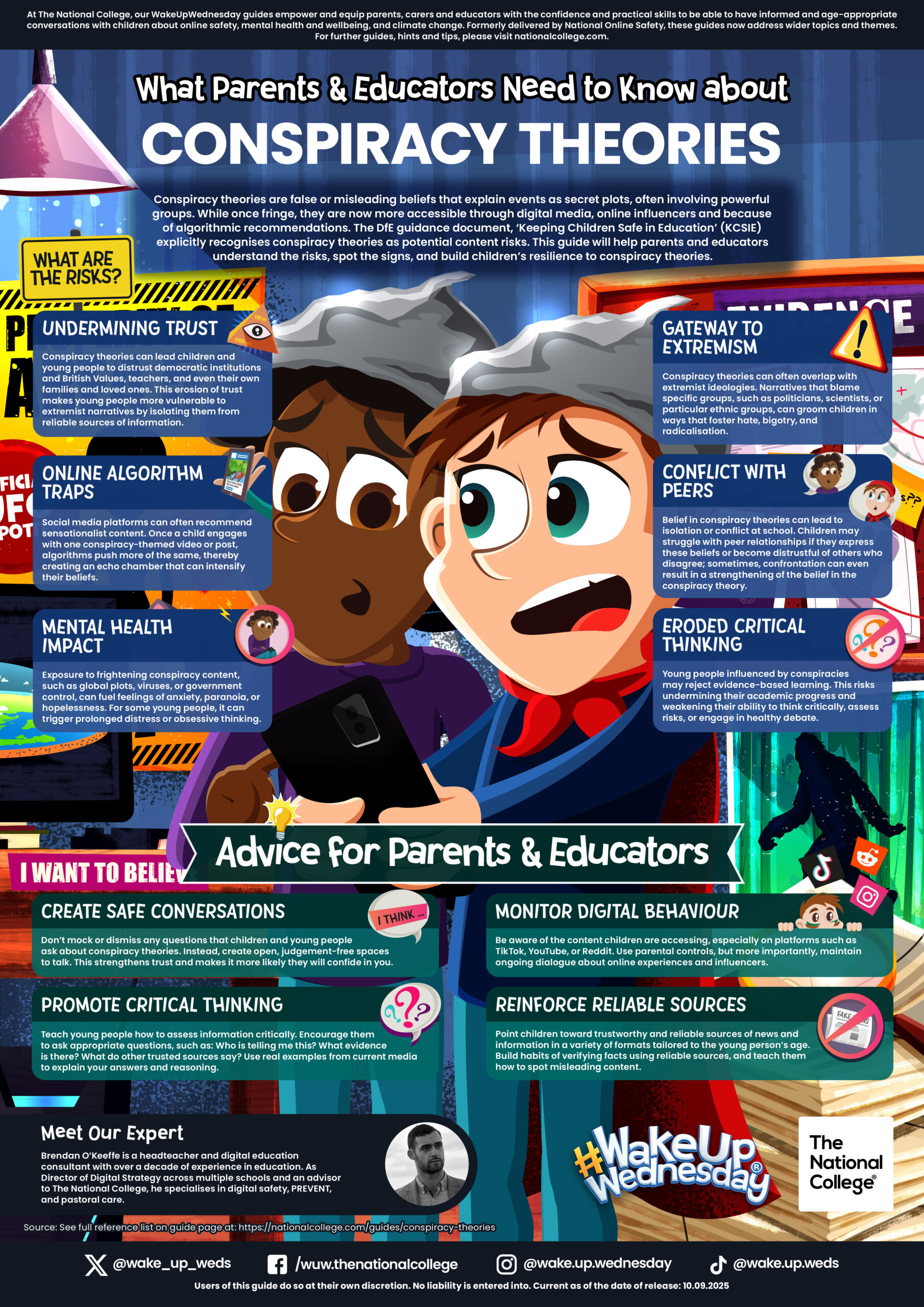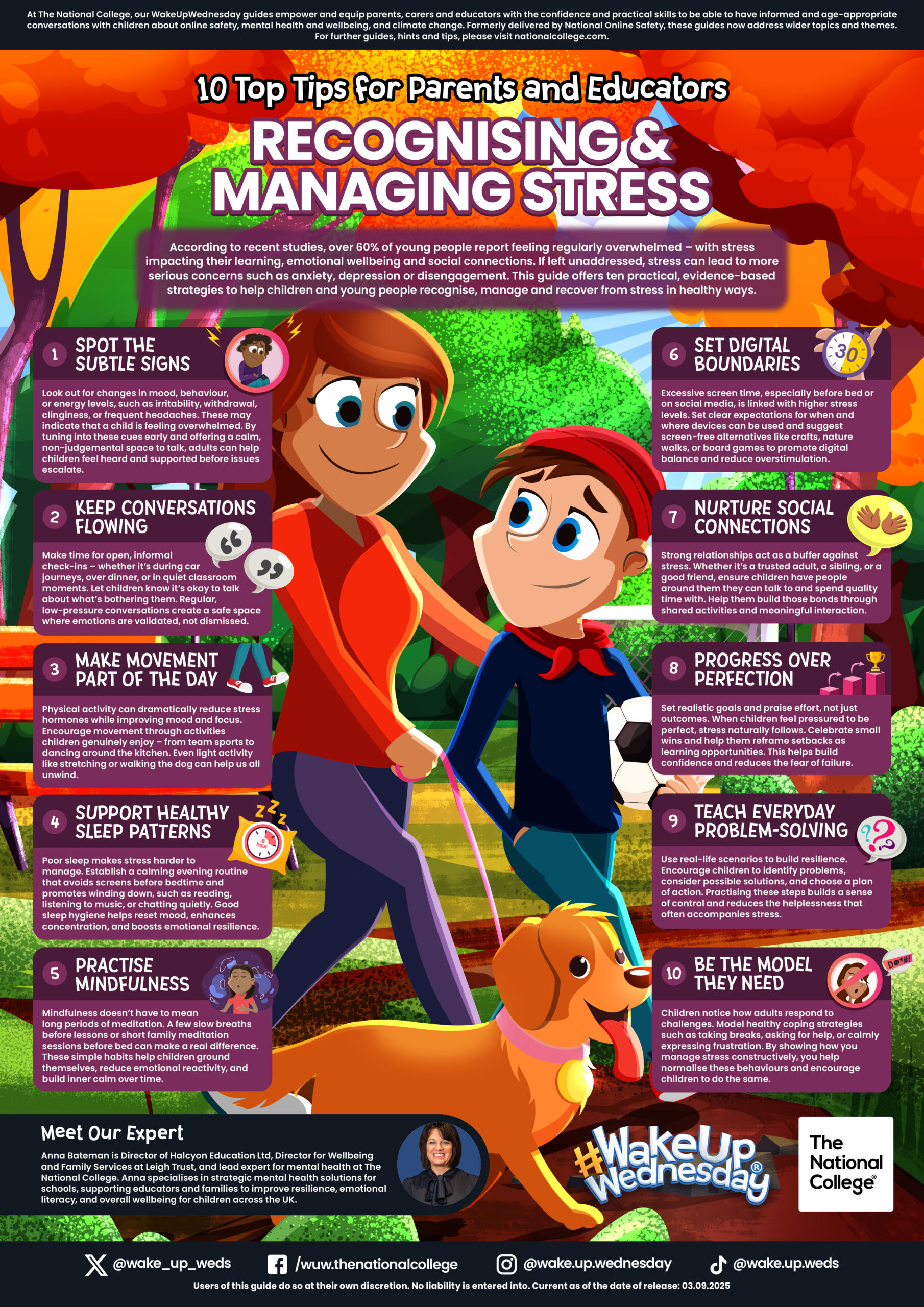This year, I had the privilege of organising the visit of Röntgen-Gymnasium Remscheid to our school on Wednesday, 1st October. The visit celebrated the eleventh year of our valued partnership, a twinning that has continued to grow in strength and significance. Even during the challenges of COVID, when travel was not possible, our schools maintained their connection through virtual collaboration. This enduring relationship reflects our ongoing commitment to international collaboration and is a key part of what underpins our British International School status.
The German students fully immersed themselves in the life of Duke’s by joining our pupils in a wide range of lessons throughout the day. They practised their English-speaking skills while actively participating in Art lessons on portraiture, History lessons exploring Henry VII, and Music lessons where they took part in drumming circles. In Design Technology, they learned about the principles of graphic design, while in PE they joined our students in team sports, building teamwork and communication. They also engaged in French, Science, RE, and ICT lessons, gaining a true sense of the school day at Duke’s.
Our students were thrilled to collaborate with their German peers, sharing perspectives and working side by side in ways that promoted cross-cultural understanding, confidence-building, and curiosity. The experience not only broadened academic learning but also fostered friendships, global awareness, and a deeper appreciation of diversity in a hands-on, immersive way.
I am especially grateful to our staff for their support and flexibility in welcoming our guests into lessons, ensuring the visit was both smooth and meaningful. I would also like to thank everyone for their encouragement and advice in helping to make this memorable experience possible.
Thank you
Miss Mckinney
We would like to share the enriching experience our students had during our recent visit to
Duke‘s NCEA Secondary School. This exchange was a unique opportunity for cultural
immersion and personal growth.
During their stay, our students met their British pen pals, which was a highlight of the visit.
They were warmly welcomed into classrooms, allowing them to experience a typical school
day in England firsthand. This interaction not only enhanced their language skills but also
fostered meaningful friendships.
The openness and warmth of the British students and teachers left a lasting impression on
our all of us.
This partnership has strengthened the ties between our schools, and we look forward to
future exchanges.
Miss

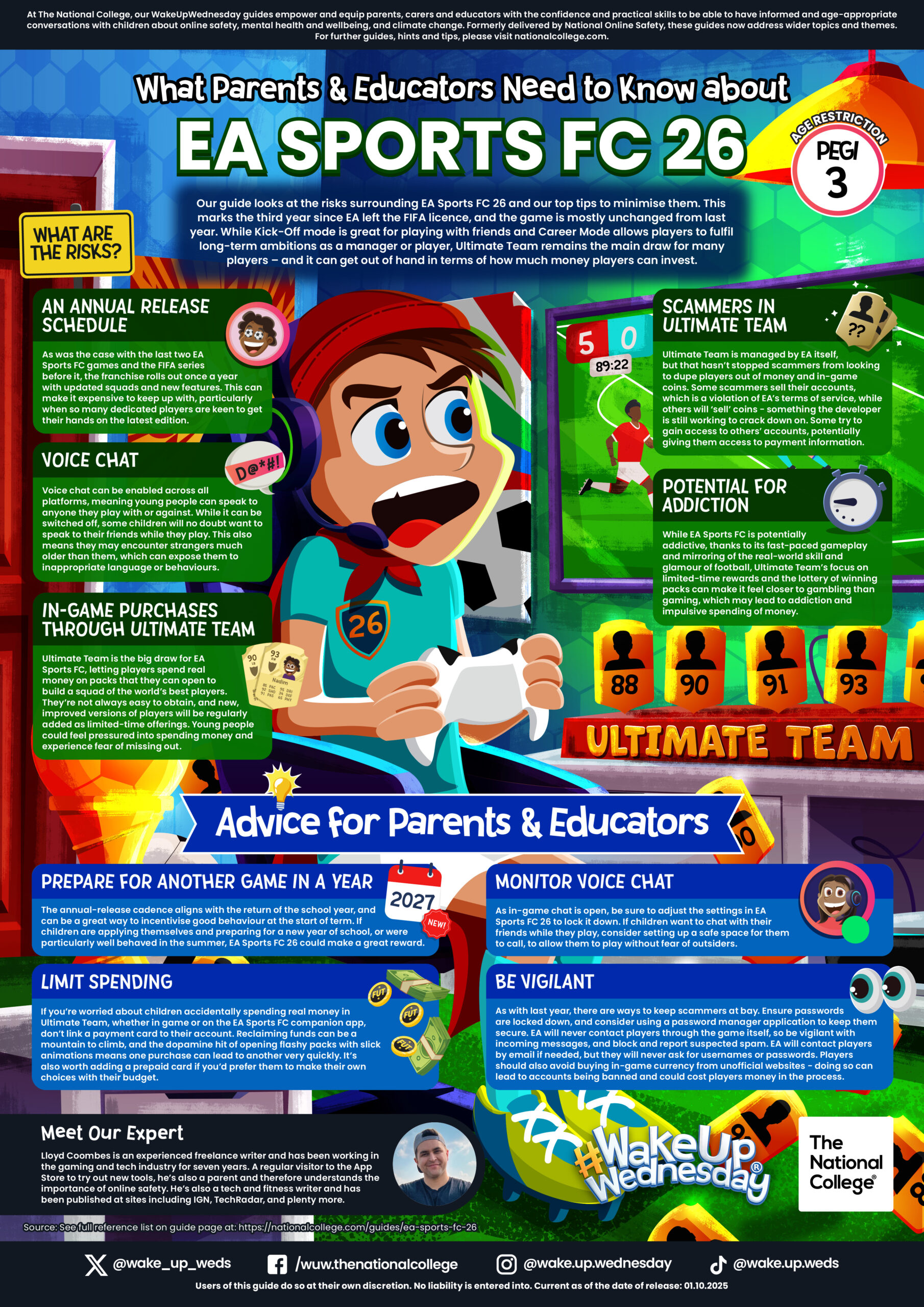


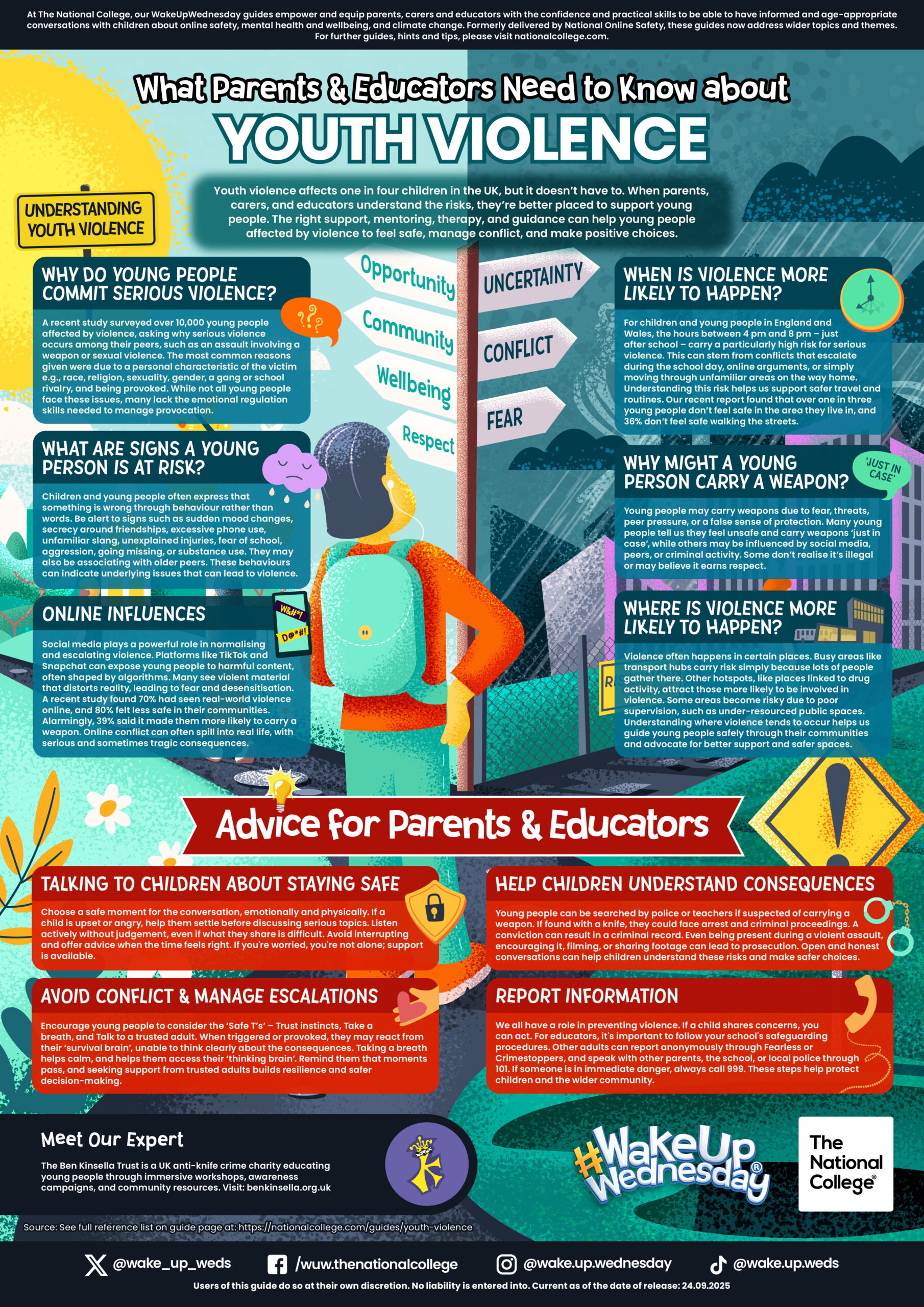
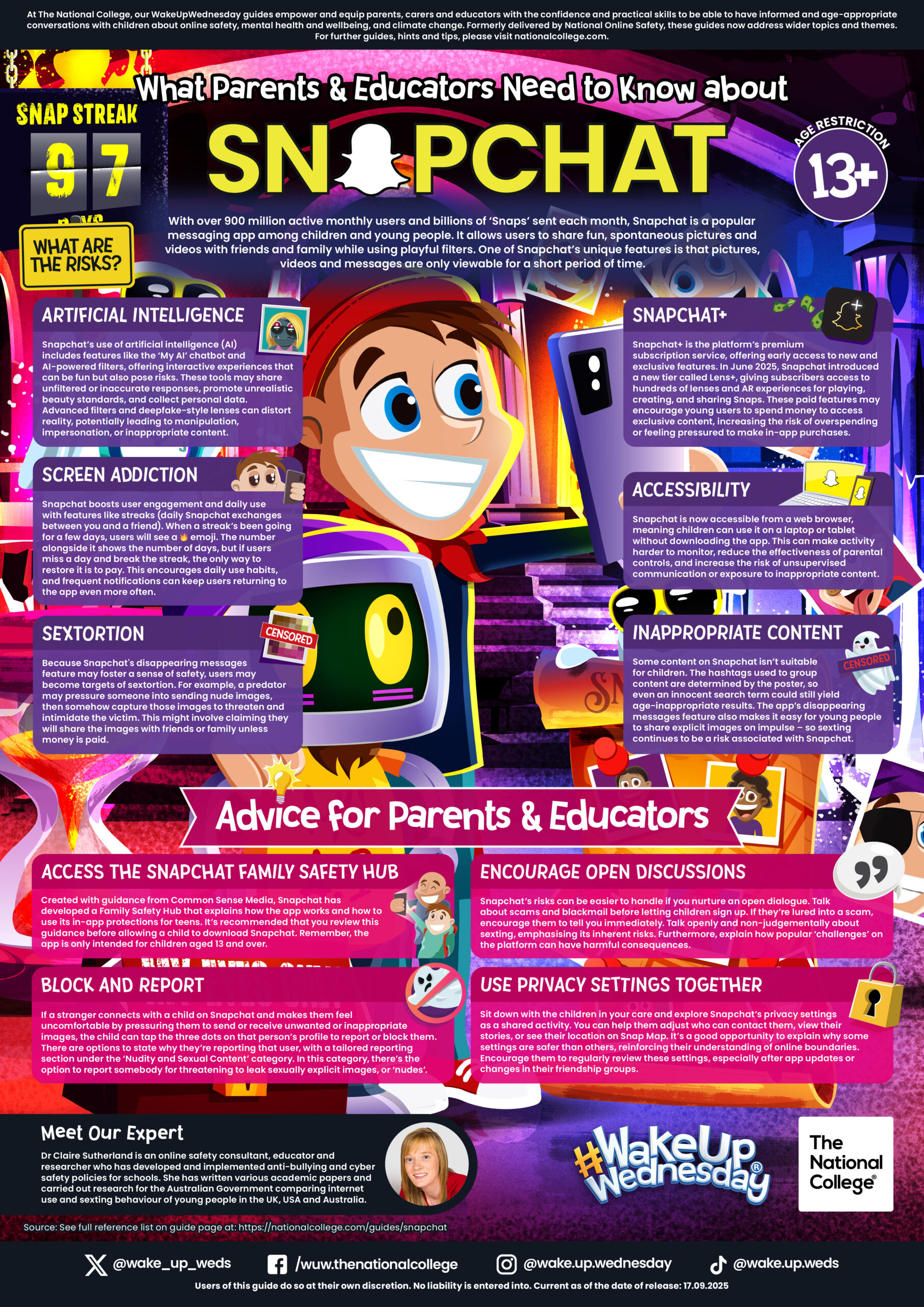 With Snapchat’s ever-evolving features, it’s essential for parents and educators to stay informed about new and emerging safeguarding risks. From AI chatbots to paid content options, this week’s #WakeUpWednesday guide takes a closer look at the platform’s most pressing dangers – plus the latest updates to be aware of.
With Snapchat’s ever-evolving features, it’s essential for parents and educators to stay informed about new and emerging safeguarding risks. From AI chatbots to paid content options, this week’s #WakeUpWednesday guide takes a closer look at the platform’s most pressing dangers – plus the latest updates to be aware of.